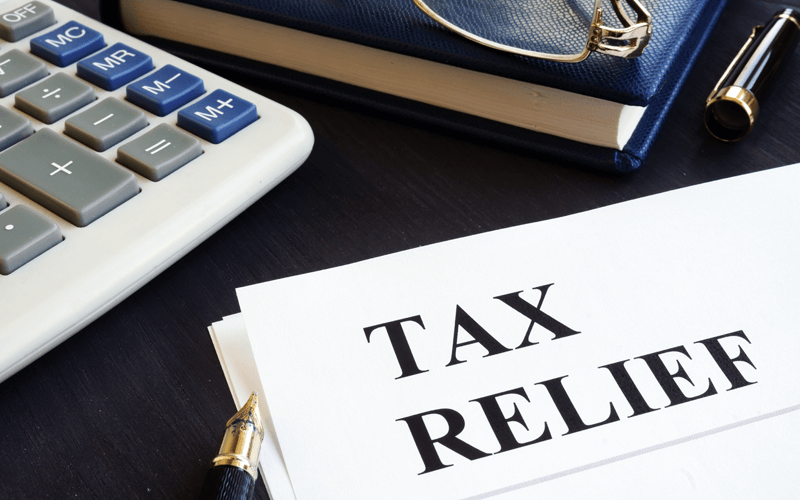
Since 2015 the IRS has been able to contract a private debt collection agency to help you resolve your tax debt with them. Scammers have cottoned on to this and you must be very careful as to who you give your details to. Here we will show you exactly who might contact you and what the process is involved in the collection process.
How to tell you aren’t being scammed
The IRS is very aware that there are scammers out there who will use all sorts of ruses to get you to pay money into criminals’ bank accounts.
Did you know that there are just four private debt collection companies the IRS uses? These are CBE, ConServe, Pioneer, and Performant. If you have a call from any other company, you can put the phone down confidently.
You will be told in a letter from the IRS which one of these companies will get in contact with you in a letter known as a Notice CP40 that comes with another document called a Publication 4518 (click on the link to see a copy of this).
After the communications from the IRS you will get a letter from the specified collection agency notifying you, they are in charge of your case. Both the IRS letter and debt collectors’ letters will have your Taxpayer Authentication Number on them.
When the private debt collection company calls on the phone, they will ask you succinct questions that will identify you. They will not ask you for your whole Taxpayer Authentication Number but portions of it (‘digits one and five’ for example, not the whole number).
The final red flag is whether or not the caller threatens you with any action. They cannot enact levies or liens on you – only the IRS themselves can do that. They can’t take your car or house – those are all powers held by IRS enforcement agents and have not been ‘privatized’.
If you are unsure whether you have been scammed the IRS keeps transcripts of all decisions made and you can get a copy here.
How to deal with your debt once it is with a private debt collector
The best way to stop the IRS contracting a private tax debt collection agency is to pay your tax debt earlier on in the process. You will have had correspondence from the IRS telling you of your late tax returns and any debts you may owe.
Should you have planned to pay off your tax debt but it hit your mental ‘sliding list’ of things you need to do, the best thing to do is just to pay the amount you owe, which will include penalty charges, straight away. The debt collectors will leave you alone.
If you lack the funds to pay off your tax debt, then the IRS private debt collection company has the right to agree on a repayment plan to resolve the debt. Get your paperwork out and prepare to show exactly what you can afford to pay. This might not be so easy for you.
Did you know that you can even refuse to deal with the private tax debt collection company? You can write them direct saying you no longer wish to deal with them, and they will hand your case over to the IRS. The IRS will either then put your case out to another company or deal with you direct.
Should you be in a complicated position and either not know or wish to challenge the final tax debt position then it may pay off to go to a tax debt relief company like us here at Defense Tax to discuss your position and to bring your case to a conclusion.
Contact us at Defense Tax today!
If you are at any stage in the tax debt process it may help you to get legal and procedural advice from experts who know the tax debt business. With many years of experience in dealing with a wide range of tax debt problems, we at Defense Tax can assure you of a favorable outcome in dealing with the IRS or any of its private debt collection companies. Contact us today to discuss your needs!
